
Find out why our marijuana rehab center in Florida is your best choice in treatment.
Marijuana is a drug that is used for both recreational and medical purposes. Marijuana has been legalized in some states for medical use and decriminalized in many states. Despite this, marijuana is still illegal under federal law. Although marijuana is not as harmful as other drugs, such as heroin or cocaine, it can still lead to addiction and other health problems.
Let us discuss the signs and symptoms of marijuana use and the treatment options available from a marijuana rehab center in South Florida.
The need for a South Florida Marijuana rehab program has increased significantly over the last few decades as the rate of dependents has gone up.


Marijuana can be used for recreational or medical purposes.
Recreational marijuana use is when an individual consumes the drug without a prescription or recommendation from a doctor.
Medical marijuana use, on the other hand, requires a physician’s approval and is typically prescribed to treat certain conditions, such as chronic pain and nausea associated with chemotherapy treatments.
The signs and symptoms of marijuana use vary from person to person, but some common ones include the following:
Marijuana use can lead to short-term and long-term adverse effects. Short-term effects may include panic attacks, anxiety, impaired memory, paranoia, and reduced coordination.
Long-term effects of marijuana use may include an increased risk of developing mental illnesses such as:




Yes. Marijuana use has been linked with an increased risk of developing certain mental health disorders like depression, anxiety, and psychosis. Additionally, long-term marijuana use can lead to cognitive impairment, which may include difficulty concentrating or learning new information. Furthermore, using marijuana regularly can make it difficult for people to quit using the drug, leading to addiction.
Thankfully, there are dual-diagnosis treatment programs that address both your mental health and substance abuse issues.
Your health insurance can help cover up to 100% of the costs associated with treatment at Reign Residential Treatment Center. Find out your personal options for treatment with a free insurance verification right now.










If you or someone you know is struggling with an addiction to marijuana, several treatment options are available. Typically a treatment program involves a combination of counseling and therapy, support groups, medications, and other interventions. It is essential to speak to a qualified healthcare provider to determine the best course of treatment for you or your loved one.
Inpatient rehab is a residential rehab program where individuals receive 24-hour care from medical and mental health professionals. Treatment typically includes counseling, group therapy, and medications.
Outpatient treatment programs are less intensive than inpatient rehab and allow individuals to live at home while receiving treatment. Treatment typically involves counseling, support groups, and medications.
Support groups help provide individuals with a safe space to discuss their struggles and receive support from others in recovery. Some popular support groups include 12-step programs such as Narcotics Anonymous and Marijuana Anonymous.
Cognitive-behavioral therapy (CBT) is psychotherapy that focuses on identifying harmful thought patterns and behaviors and replacing them with healthier alternatives. CBT can help individuals manage cravings, cope with stress, and develop strategies for abstaining from drug use.
Eating a balanced diet and regular physical activity can help individuals manage cravings, reduce stress, and cope with withdrawal symptoms. Additionally, proper nutrition can support overall health and well-being.
Holistic therapies such as yoga, meditation, tai chi, and acupuncture can help individuals manage stress and reduce cravings. Holistic therapies may also be used in conjunction with other forms of treatment to provide a comprehensive approach to recovery.
Medications such as naltrexone or buprenorphine may be prescribed to help reduce cravings and manage withdrawal symptoms. Additionally, medications may be used in combination with other forms of treatment to help individuals achieve and maintain abstinence.
Motivational interviewing is counseling that focuses on identifying and resolving ambivalence about change. This can help individuals build motivation to make positive changes in their life and work towards recovery.
Contingency management is a form of behavior therapy that uses positive reinforcement to promote abstinence and healthy behaviors. This type of therapy can help individuals stay motivated to abstain from drug use and develop a successful recovery plan.
Recovery support services are designed to provide individuals with access to the necessary resources to achieve long-term sobriety. This can include housing, employment help, financial assistance, and support groups.
It is important to remember that no two individuals are alike, and the best course of treatment will vary depending on the individual’s unique needs and circumstances. The first step in recovery is seeking professional help from a qualified healthcare provider who can help determine the best course of action for a successful recovery.
Individuals can find lasting freedom from addiction and build healthier lifestyles with the right combination of treatment, support, and dedication.
By taking this first step towards recovery, you are already on your way to a better future.
We aim to help everyone who contacts us. Whether our program makes sense for you or not, we will help you find the best treatment options that work best for your personal needs.